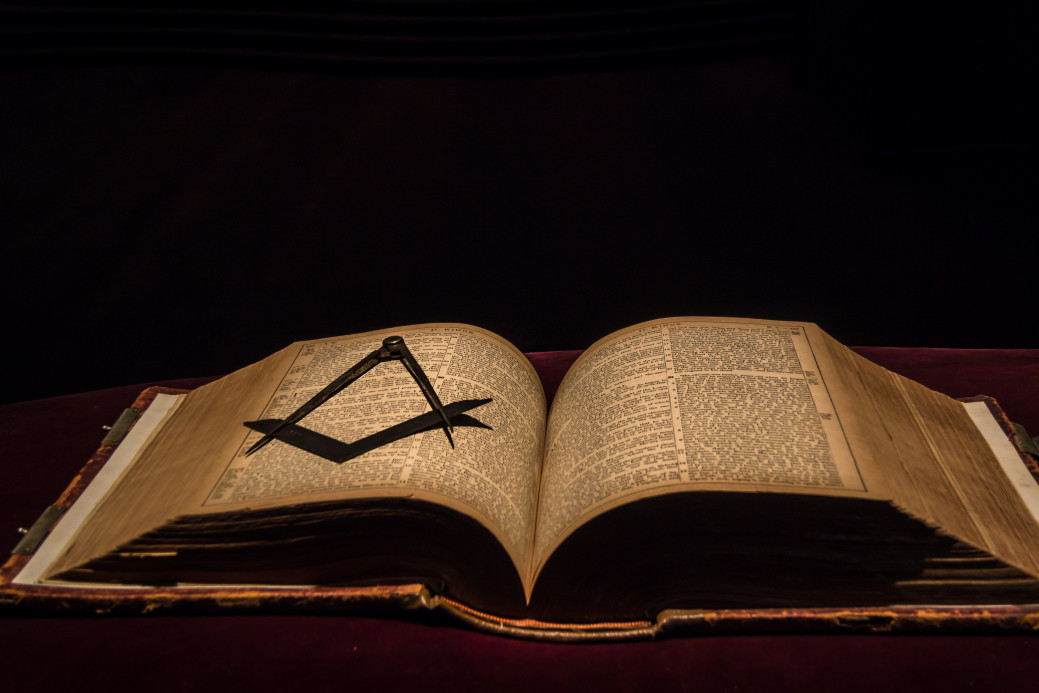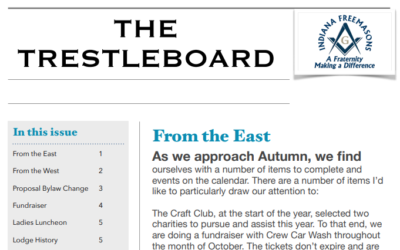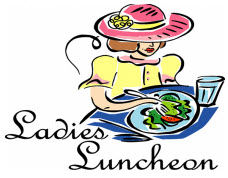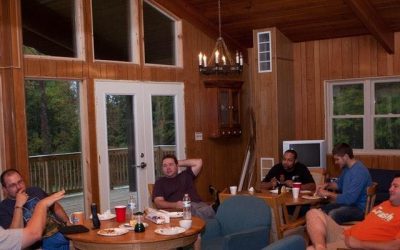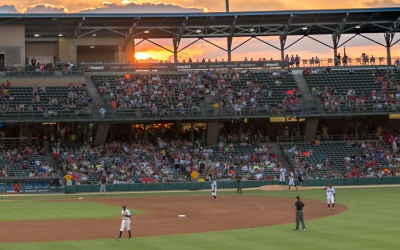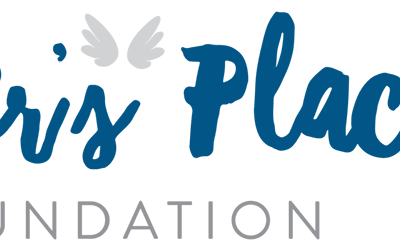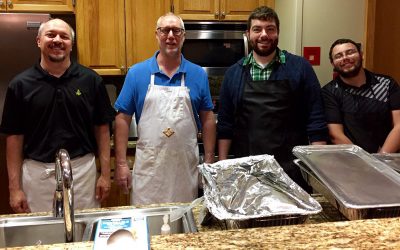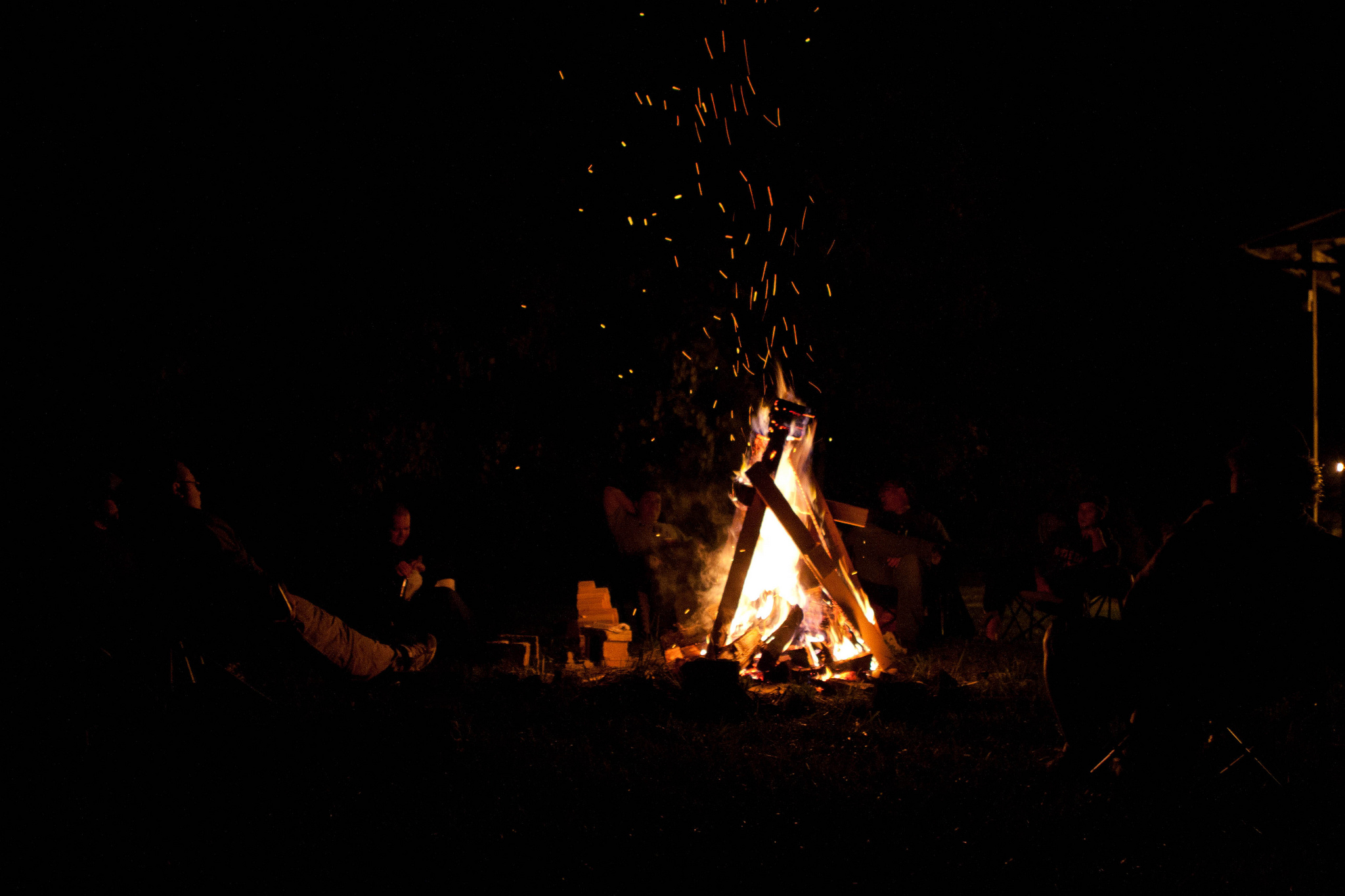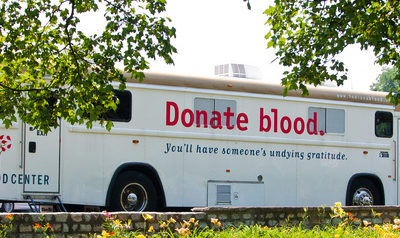- When and where did the word “Freemason” originate?
- And what does it really mean?
These are among the Craft’s most enduring questions, and several answers have been proposed.
The second part of the word is easy: Mason. It comes from the French masoun, which refers to a craftsman who works in stone, in other words a stonemason.
It’s the first part of the word that causes confusion. It apparently served as an adjective to tell something about the stonemason. But what does it tell us?
Possible origins
The words “free” and “Mason” coupled together, begin in ancient Roman Collegia: order or associations of men engaged in similar pursuits and studies. These Collegia become so prominent and powerful that Roman Emperors attempted to abolish the right of free association. In spite of this, many continued to exist.
The colleges of Architects, however, were sanctioned, at least for a time, even though others were abolished. Because the Emperors of Rome needed them to build for the state. Without them Rome could not expand. Then as now, three were needed to form a Collegia.
Old England
Another possible origin is one that it originally denoted a person who was at liberty. This usually meant anyone who was not a serf (i.e. bound to a master or feudal lord) and was, therefore, free to do what he wanted to do.
A good example of this is the “freelance,” originally a knight at liberty to carry his lance anywhere and fight for any feudal lord willing to hire him. But the term had a special meaning for stonemasons.
Since erecting massive structures like Gothic cathedrals required more craftsmen than were available locally, these projects attracted workers from far and wide. It was primarily stonemasons who traveled from place to place to find this kind of work, and as a concession to the practical needs of their profession, they were exempted from many of the regulations and taxes local workers had to deal with. So, they really did have more freedom than most craftsmen, and this may be why they were called “free masons.”
But nowadays most historians favor another possibility: that “free mason” was short for “freestone mason.”
Different Masons
There were different types of Masons not affiliated with one another. For example:
- Rough Masons
- Settle Masons
Both of those groups would be local Masons that worked at the quarry and/or under a local Lord and were most likely members of a local guild. What we know today as Freemasons were called Freestone Masons, who did the artesian or detail work. Freestone was the high-quality stone used for decorative work, and carving it required considerable skill. Masons who worked with freestone were elite members of the profession. Freestone Masons were Free to travel around and receive wages for their work.
From operative to speculative
For the most part, today’s lodges trace their origin to the Grand Lodge of England, which was organized in London in 1717 to oversee the affairs of several lodges that had existed there for many years.
Although no one knows the pedigree of those lodges, they most likely arose in the wake of the Great Fire of London, which devastated the city in 1666. During the massive rebuilding effort, Parliament passed a law The Rebuilding Act — requiring that all new buildings be made of brick or stone instead of wood.
This meant that large numbers of masons had to be brought in from elsewhere, because there weren’t enough locals to rebuild everything the fire had destroyed. So, the city was desperate to attract as many skilled masons as possible.
To do this, Parliament added a clause to the Rebuilding Act offering workers the freedom of the city for seven years. This simply meant they could come to London and work without joining the local “companies,” organizations that amounted to labor unions, which all workers normally had to join to work within the city limits.
The “freedom of the city”
The freedom of the city was a status that had existed in London since 1237. This meant, they were not bound to a feudal lord and were, therefore, ”free” to do as they pleased. They could engage in commercial activities, own land, and were originally allowed such quaint privileges as herding sheep, carrying a sword, and acting drunk and disorderly in public without fear of being arrested.
Of course, after the Great Fire the freedom of the city was a little more practical. It was mostly a matter of making it easy for craftsmen to come to London and join the rebuilding effort.
But the Rebuilding Act contained another provision as well. Workers who came and stayed for seven years were granted the freedom of the city for life. Thus, they were designated “Freemen of the City” of London.
The real origin of the term?
The lodges that organized the Grand Lodge of England were probably formed to serve stonemasons who came to London and earned the freedom of the city in this way. The last major project was St. Paul’s cathedral, which was completed in 1710.
After that the city had little need for visiting workers, including all the masons who had come to rebuild the city. Some people speculate that’s why the lodges that served them ceased to be craft organizations and evolved into the Lodges we know today.
Could this really be the origin of the term ”free mason”?
Quite possibly, and we see a clue in a document called Masonry Dissected, which shows what the lodges’ workings were like the newly formed Grand Lodge.
This document tells us that “if any Working Masons are at Work, and you have a desire to distinguish Accepted Masons from the rest… do so by asking him, how old he is, he replies “above Seven,” which denotes he has pass’d Master.”
Are we to believe that a person could be a master mason when he was seven years old?
Of course not. But a man could be a ”free” mason of the city of London after he had worked there for seven years.
Thus, while the words “free” and “mason” had been used together for centuries and often described men who traveled to find work, their use by the modern lodge may have a special meaning. It may recall the men who rebuilt London after the Great Fire and who, after their work was finished, settled down to enjoy the freedom of a grateful city.
Freemasonry today?
Freemasonry was built on the idea of being free.
As we talked about, there were other masons who might not necessarily have been free. Freemasons were free from the King’s law and could travel to work where they wanted. Freeborn, to be not born a slave and/or be free from outside influences, it is a basic requirement to join our institution. Whether free of mind, body, or influence … being free is essential to being a Freemason. The act of being free — to think for yourself, make your own decisions, act on your own behalf, have your own beliefs, travel where your will takes you… is not a destination we visit once, but it’s a life-long pursuit to be free.

